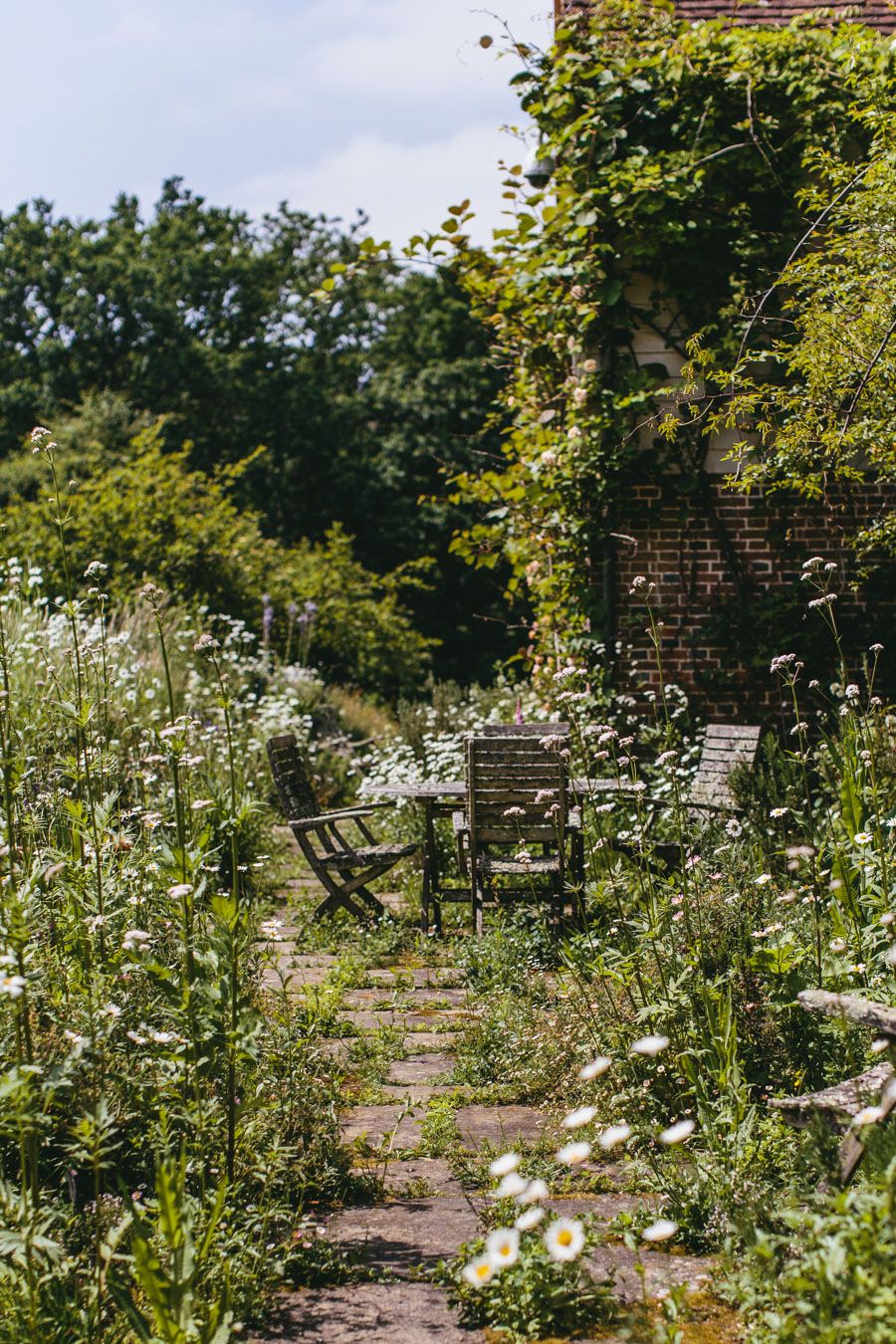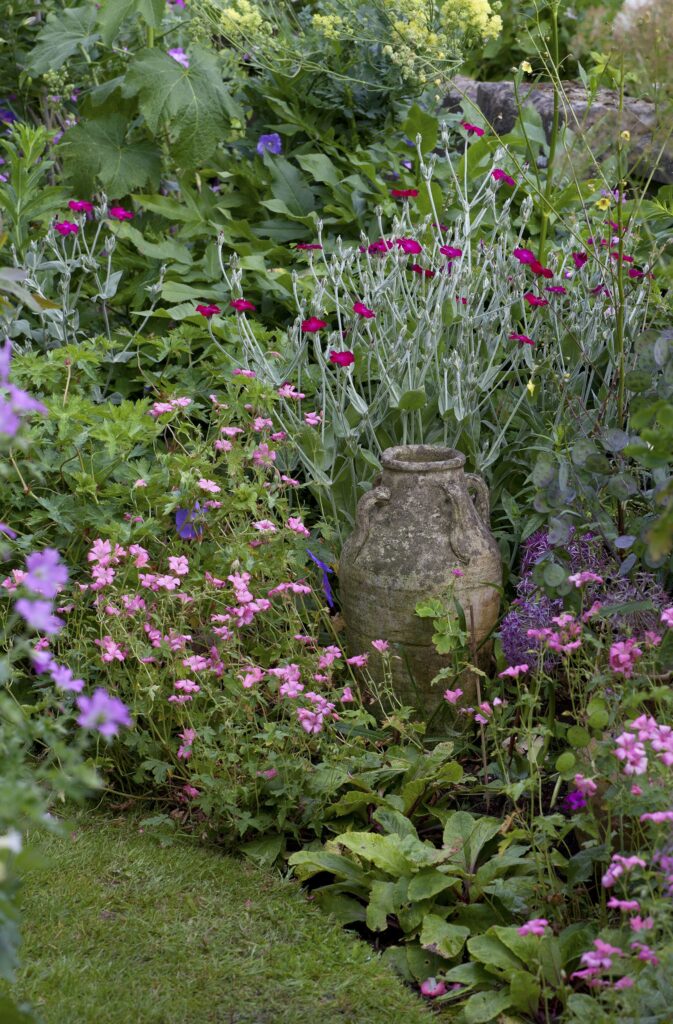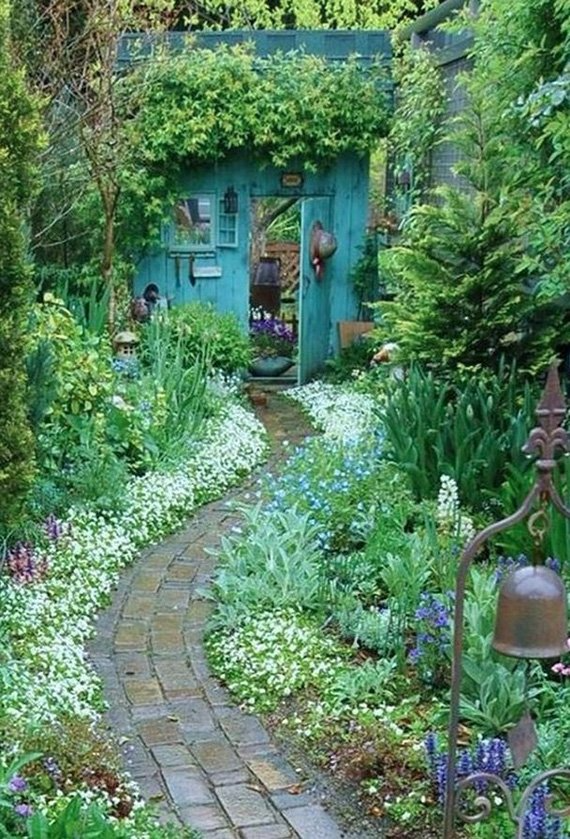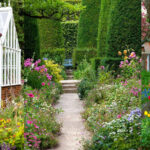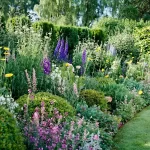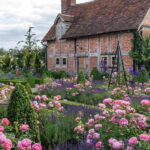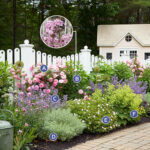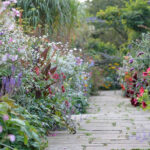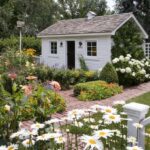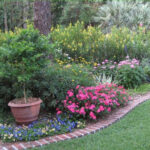Cottage gardens are a charming and timeless style of gardening that have been popular for centuries. Originating in England during the late medieval period, cottage gardens were traditionally created around small, humble homes in rural areas. These gardens were filled with a variety of flowers, herbs, vegetables, and fruit trees, reflecting the practical and aesthetic needs of the homeowners.
One of the key features of a cottage garden is its informal and unstructured design. Unlike formal gardens with carefully manicured lawns and symmetrical planting beds, cottage gardens are characterized by their relaxed and naturalistic layout. Plants are often mixed together in a haphazard manner, creating a riot of colors and textures that is both visually appealing and inviting.
Cottage gardens are also known for their abundance of plant species. Gardeners often cram as many different plants as possible into a small space, creating a lush and full look. This eclectic mix of plants can include traditional favorites like roses, daisies, and lavender, as well as more unusual varieties like hollyhocks, foxgloves, and delphiniums. The overall effect is a tapestry of color and fragrance that changes with the seasons.
In addition to their beauty, cottage gardens also serve practical purposes. Many of the plants grown in cottage gardens have culinary or medicinal properties, making them both decorative and functional. Herbs like rosemary, thyme, and sage are commonly found in cottage gardens, as are vegetables like tomatoes, cucumbers, and beans. Fruit trees such as apples, pears, and plums are also popular choices.
Maintaining a cottage garden requires a different approach than caring for a more formal or structured garden. Because of the dense planting and diverse mix of species, cottage gardens can be more prone to issues like overcrowding, pests, and diseases. Regular maintenance, including dividing and thinning out plants, frequent deadheading, and careful monitoring of pests and diseases, is essential to keeping a cottage garden healthy and vibrant.
Despite the challenges of upkeep, cottage gardens continue to be a beloved style of gardening for many enthusiasts. Their romantic and rustic charm, combined with their practicality and versatility, make cottage gardens a perennial favorite for gardeners of all skill levels. Whether you have a small backyard or a sprawling estate, creating a cottage garden can add a touch of beauty and whimsy to your outdoor space.
